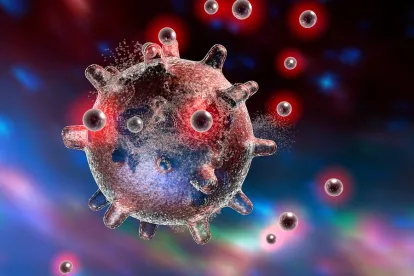The Institute of Technology Assessment of the Austrian Academy of Sciences has published a NanoTrust Dossier entitled “Nano-registries: Country-specific Solutions for Nano-regulation.” While the European Union (EU) has declined to create an EU-wide nano-registry, several EU Member States have adopted their own nano-registries. Belgium and France created stand-alone nano-registries, but Norway and Sweden added a “tick box” for nano to their product registries. Denmark established a stand-alone registry and added a “tick box” for nano to its product registry. According to the Dossier, Belgium, Denmark, France, Norway, and Sweden all use the European Commission’s (EC) Recommendation on the definition of nanomaterial (2011/696/EU). The NanoTrust Dossier provides an overview of the registries that includes a helpful summary of who must register and the registration threshold and the information required to be reported. The Dossier concludes that “it is necessary to close the information gaps on nanomaterials in the EU through a harmonised regulatory framework.” The Dossier notes that Belgium, France, Sweden, and Denmark communicate closely “to maintain a certain consensus concerning the national registry projects of nanomaterials with a view to allow for future possible harmonisation.” According to the Dossier, registrants do not know if they have to register a given substance, mixture, or product because they either lack information about the ingredients or knowledge about how to complete the registration process. The Dossier states that national registries pose a challenge for industry and free trade across borders within the EU, and small and medium enterprises are particularly affected by the financial burden of a time-consuming registration process. The Dossier suggests that a holistic framework, such as the one proposed in the 2017 article “React now regarding nanomaterial regulation,” “can help gather data on nanomaterials within the European Union, promising increased transparency and benefits for workers, the environment and consumers.”
Austrian Academy of Sciences Publishes NanoTrust Dossier on Nano Registries
Friday, July 12, 2019
Current Public Notices
Published: 18 August, 2025
Published: 18 August, 2025
Published: 18 August, 2025
Published: 15 August, 2025
Published: 14 August, 2025
Published: 12 August, 2025
Published: 11 August, 2025
Published: 11 August, 2025
Published: 8 August, 2025
Published: 8 August, 2025
Published: 21 July, 2025
Published: 18 July, 2025
Published: 26 June, 2025




 />i
/>i


